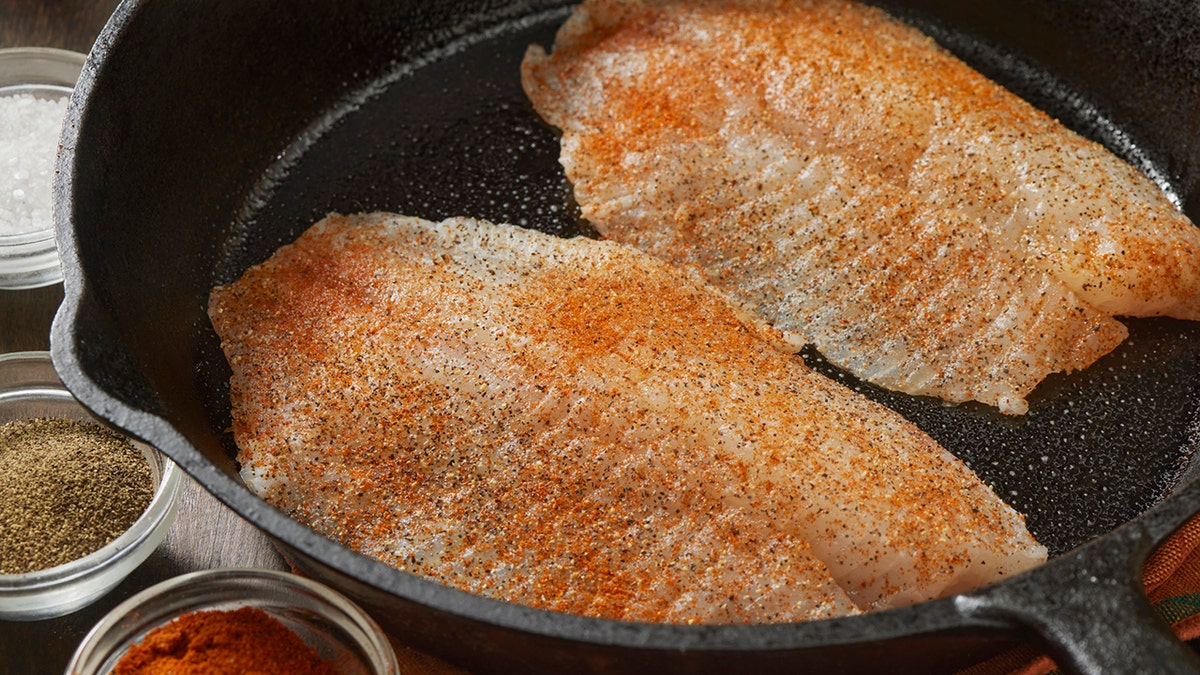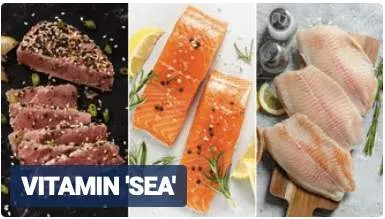(Fox News) Fish is often hailed as a nutritional heavy hitter — providing a slew of health benefits.
As fish is rich in essential nutrients such as omega-3 fatty acids, high-quality protein and a variety of vitamins and minerals, the seafood can make for a healthy choice in an overall balanced diet.
Not every type of fish, however, is a slam dunk from a nutritional perspective.
Michelle Routhenstein, a cardiology dietitian at EntirelyNourished.com, said, “Not all fish are created equal when it comes to their nutrition profile, so choosing specific ones may be more beneficial for your health.”
Read on for which fish deserve a regular spot on your plate, and which to avoid.
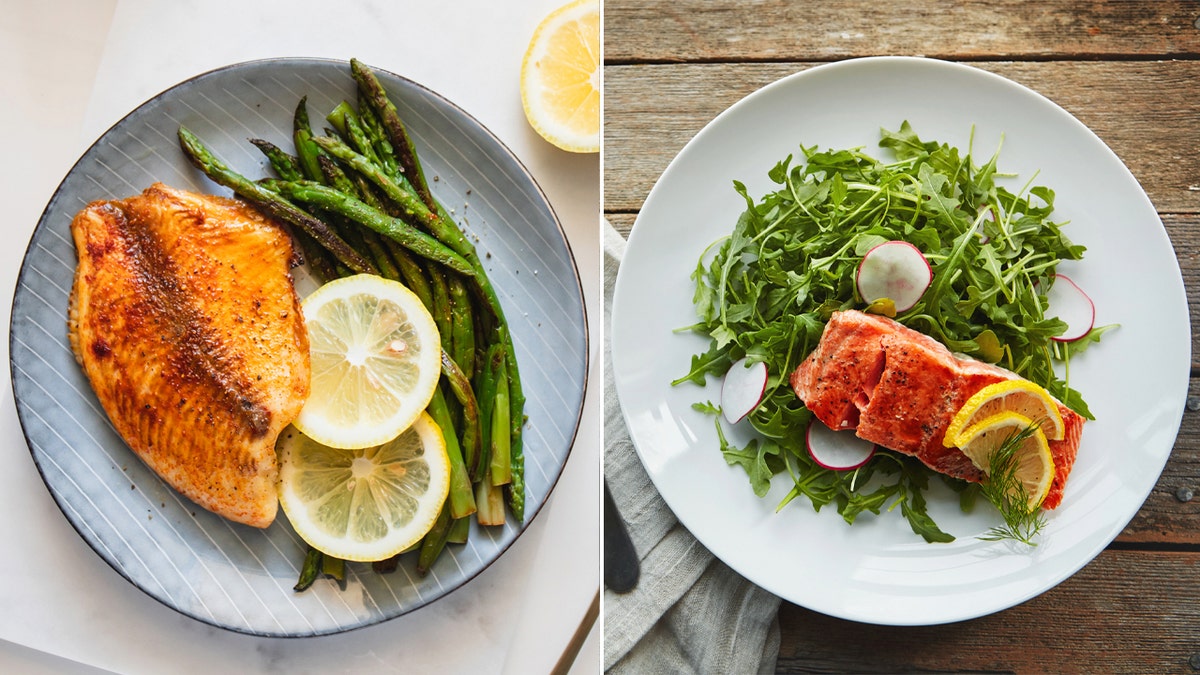
Did you know that too much consumption of certain fish may not exactly be good for your health? There are some you may want to avoid altogether. (iStock)
‘Best’ fish for your health
Salmon

Salmon is among the best choices of fish when it comes to healthy dining choices. (iStock)
There are good reasons this fish gets a lot of lovin’ from health professionals.
“Salmon is among the best choices for healthy fish. “It’s high in omega-3s — fats that help cardiovascular and brain health — and also high in protein,” said Lauri Wright, a registered dietitian nutritionist and professor at the University of South Florida College of Public Health.
Elaborating on omega-3s, Wright said research shows that omega-3 consumption decreases overall mortality from heart disease.
“Further, omega-3 provides a modest reduction in high blood pressure and significant reduction in triglycerides,” said Wright.
“In addition to cardiovascular benefits, omega-3s also have anti-inflammatory properties, making them beneficial for those suffering from arthritis,” she said.

Salmon is high in omega-3s, which is an important part of any balanced diet. (iStock)
For all these reasons and more, it’s probably a good idea to add omega-3 rich foods to your diet, whether through seafood sources discussed herein or via walnuts, flaxseeds and Brussels sprouts.
Talk with your own health care professional, of course, about any planned changes to your diet.
Oysters
Slurp, slurp on these good-for-you bivalves, say nutritionists.
“Oysters, like salmon and sardines, are high in omega-3s and also high in iron. They’re also good for the environment. One warning, though — never consume raw seafood,” said Wright.
Sardines

While sardines may not sound like the tastiest meal, this fish is rich in EPA, DHA and calcium. (iStock)
As Routhenstein noted, sardines are rich in EPA and DHA, omega 3 fatty acids, that provide anti-inflammatory, heart health benefits.
“Sardines also have a unique nutritional profile because they are rich in calcium, which helps with bone health and heartbeat regularity,” she said.
In addition to praising sardines for being packed with omega-3s, Wright shared that sardines are high in vitamin D and are also inexpensive.
If you want to add more sardines to your diet, Wright has a few easy ideas.
Top a cracker with a sardine and mustard. Sauté sardines in oil, garlic, onions with a bit of lemon juice, and salt and pepper to get rid of the strong fishy flavor and serve with rice. Substitute sardines for lox on top of a bagel.
Halibut
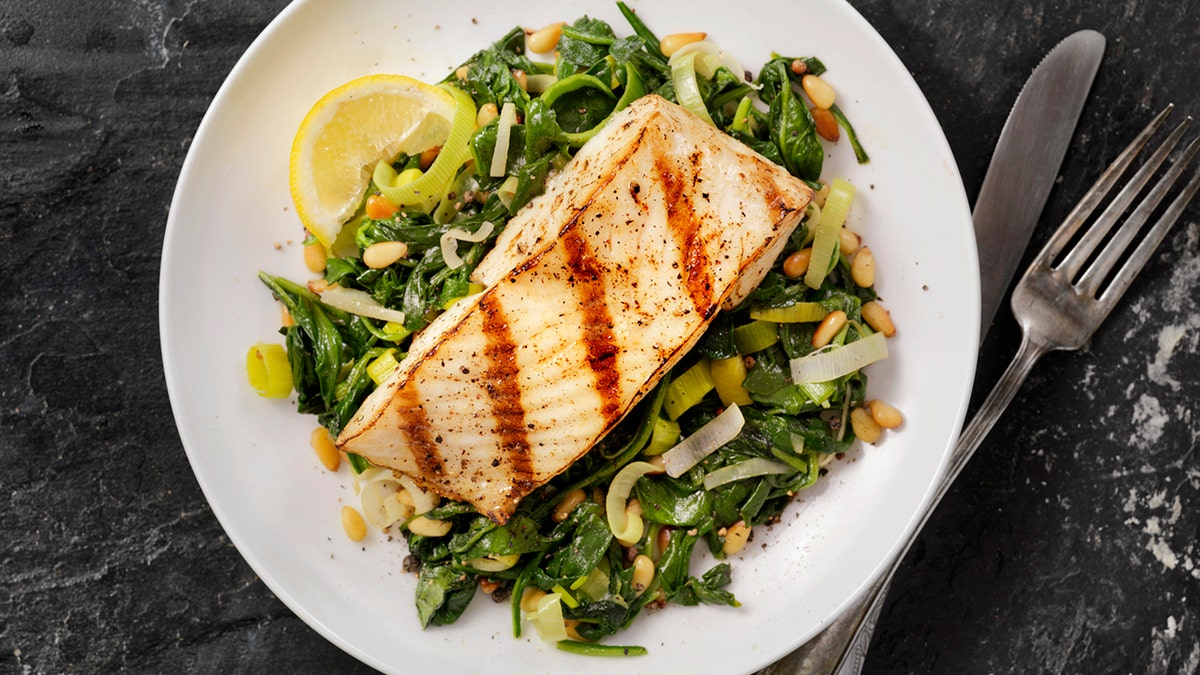
Halibut is a heart-healthy dish that is known to reduce inflammation and benefits your immune system. (iStock)
Halibut is rich in selenium, per Routhenstein, which is a heart-healthy antioxidant that reduces inflammation and oxidative stress.
“Halibut is also a good source of vitamin B6, which is beneficial for immune, nerve and liver health,” she added.
Red snapper
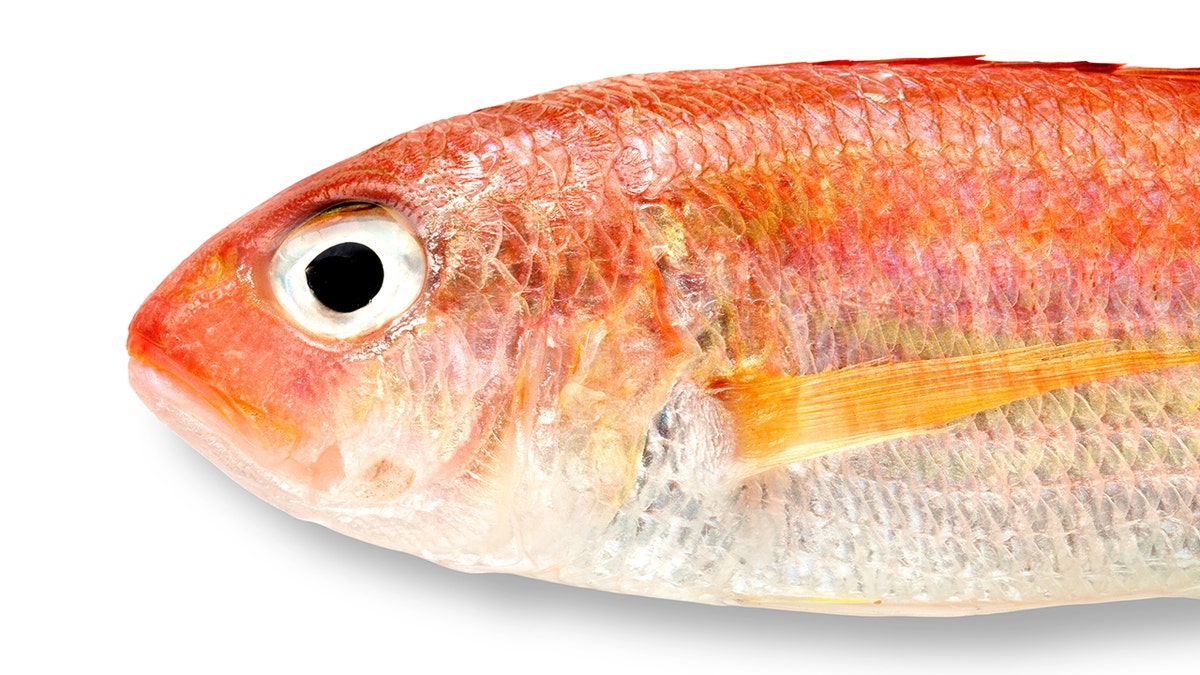
Rich in potassium and proven to improve blood pressure, red snapper is a perfect addition to your healthy meal plans.(iStock)
Pass the red snapper, please.
“Red snapper is a rich source of potassium, which helps improve blood pressure and arterial health,” said Routhenstein, noting this fish is also a good source of protein and B vitamins.
‘Worst’ fish for your health
Sole
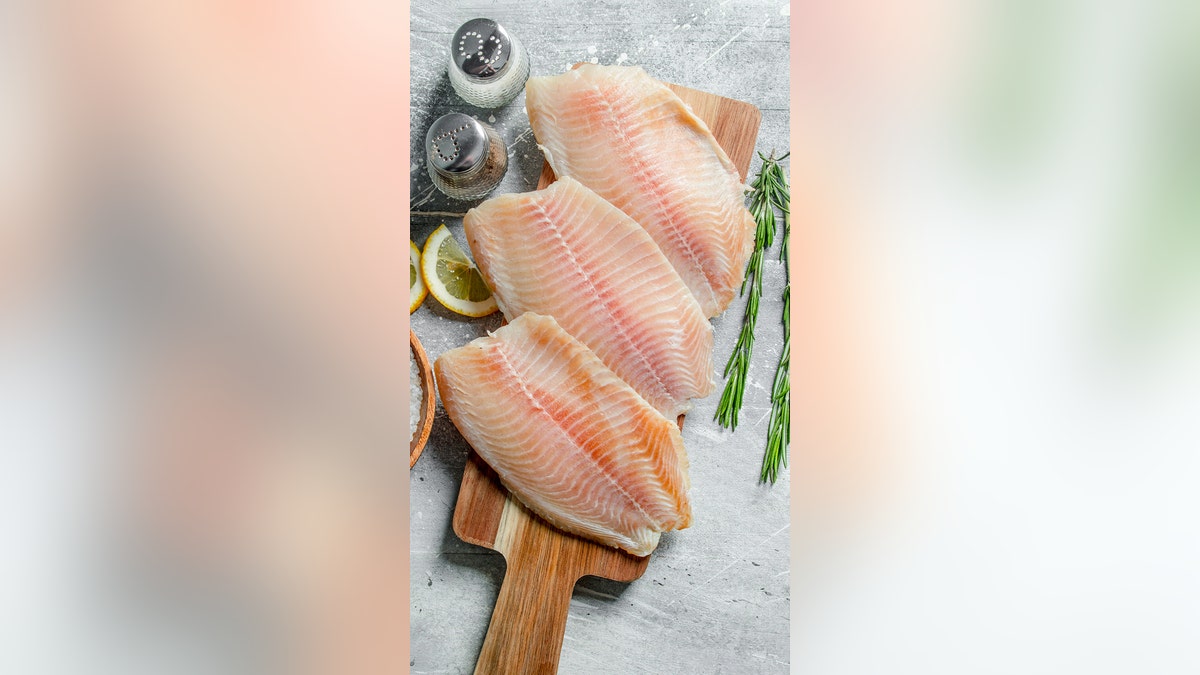
Sole is low in omega-3s, potassium and other heart healthy nutrients compared to other fish. (iStock)
Sole has a high risk for contaminants, and it is low in many heart-healthy nutrients like omega-3s, potassium, and magnesium, cautioned Routhenstein.
“It is also high in sodium relative to potassium, which may increase blood pressure levels,” she said.
Farmed tilapia
